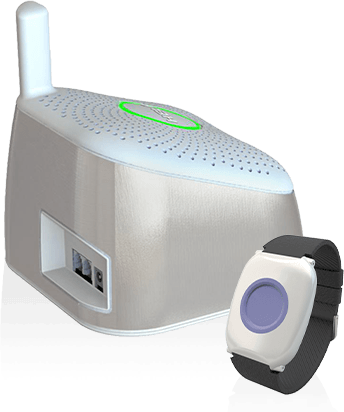When searching through the offers of different medical alert companies, one question often comes in mind: should I own the equipment, or just simply rent it from the company? The deciding factor is often your wallet, but bear in mind: different people need different safety nets, and the two options have a different impact on the medical alert service you experience.
Renting a medical alert unit means that the company grants you the equipment for “free” , and all you have to keep track is the monthly monitoring fee. This involves a short or long-term commitment (depending on the company) on your part, agreeing to use the system for a given amount of time. The most daunting thing about renting the equipment is that people feel it’s a bother to deal with the cancellation process. You may not only need to pay to cancel, but may also have to gather the equipment from your elderly relative and send it back, because they won’t suspend your account otherwise.
However, the constant foundation of a medical alert service comes with its valuable perks. First and foremost, you are entitled to contact their private monitoring center. Relying on the help of professional dispatchers means that your calls will be managed by skilled caregivers trained in medical terminology and emergency handling. The operators stay on the line while sending help, offering relief. In summary, renting the medical alert unit costs more, but the service is convenient and professional.

Purchasing the equipment has a bigger starting cost, but it’s cheaper on the longer run, as your investment is returned in a year’s worth of monitoring bills. You are also able to greatly cut your expenses by purchasing it from Amazon or other retail sites. And being the proud owner of such system relieves you from the hassle of returning it. Most companies like LogicMark offer medical alert units that are designed to only call 911 and the contacts you pre-program into it. The main problem with this is that you need to explain your situation to the emergency dispatchers yourself. And in the most serious situations, like suffering a stroke, you are incapable of speaking or moving. Effectively having a talk with unknown dispatcher requires a great amount of composure and self-awareness too. We only recommend this choice for those who have good communication skills.

Share your thoughts, ask questions, and connect with other users. Your feedback helps our community make better decisions.
©2012-2025 Best Reviews, a clovio brand –
All rights
reserved